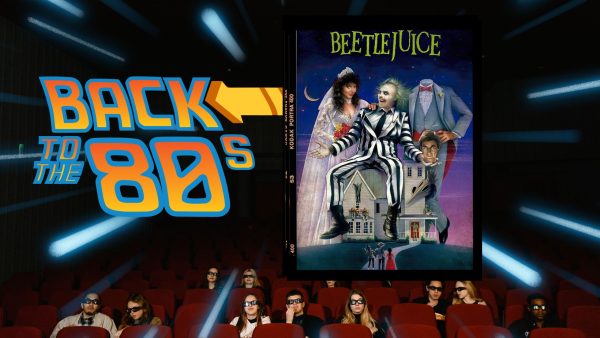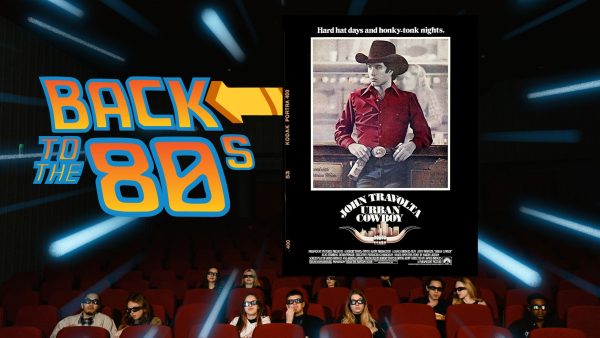‘Biggest Loser’ winner causes accusations of having eating disorder
February 19, 2014
With the dawning of the new year, weight loss is almost always the number one resolution on people’s list. The purpose for weight loss is to encapsulate a healthy lifestyle, not become an emaciated stick figure.
Local TV stations use reality shows to connect with viewers. “The Biggest Loser” is a popular weight-loss show with the intention to motivate the population to lose weight and become healthy.
On Feb. 4, participants had their final weigh in and contestant Rachel Frederickson was announced the winner.
Because of high-media coverage, many know she is a 24 year old who started the competition at 260 pounds and 5 foot 4 inches. At the end of the season, she weighed in at 105 pounds.
There seems to be no eating disorder and she was motivated to win $250,000 if she lost the most weight.
The question that keeps floating around in the media is if she has an eating disorder.
Personal trainer and nutritional consultant Brandon Faris, from Faris Fitness, educates his clients on a proper balance of nutrition and working out.
As a personal trainer, industry standard requires the Physical Activity Readiness Questionnaire to be issued to all clients to determine health risks, personal injury risks and death risks.
“I have heard a little about ‘The Biggest Loser’ controversy,” Faris said. “I believe that just because she lost a substantial amount of weight in a short amount of time, that does not mean she must have an eating disorder, but without knowing the specifics to her post weight-loss health, I can’t make any assumptions.”
The accusation that Frederickson might have an eating disorder is the rationalization of people who have unsuccessfully tried a workout regimen.
“Organizing a routine for an extremely obese client is a very thorough and intimate task,” Faris said. “It can be very difficult, but also very rewarding.”
Weight loss is a process of talking to doctors, following some type of nutrition plan and working out. “The Biggest Loser” contestants are being carefully monitored by doctors, nutritionists and personal trainers.
Another question was if Frederickson deserved to win. The rules state whoever loses the most weight wins; so the question of being worthy is one of stupidity.
There are different ways to be motivated to lose weight and in the instance of “The Biggest Loser,” the top motivation is to win the prize.
Sally Monical, kinesiology professor explained other factors people might have to lose weight.
“‘Skinny’ may imply underweight, but it may also imply a vision of ‘thin-ness.’ Research does show that ‘health’ within itself is not the best motivator,” Monical said. “Attempting to achieve a certain look is fairly motivating. Feeling good is the best motivator.”
Shows like “The Biggest Loser” intend to motivate the population to lose weight, but in reality there is a high misrepresentation.
“To mirror participation in a show like this onto society has a number of flaws that don’t fit,” Monical said.
The reaction to how much weight Frederickson lost is varied from the personal trainers, professors and even students at Sacramento State.
“It was nasty,” said English major Jenna Harty, “I mean, the whole concept is to lose your weight and be like healthy, but she was just skin and bones.”
Frederickson was an obese 24 year old who got on the show for one thing, to lose weight and to feel better about herself.
Everyone’s weight loss journey is a personal experience, and to make unsubstantiated accusations that a person has an eating disorder and does not deserve to win a weight loss contest, is naive and critical.













































































































































